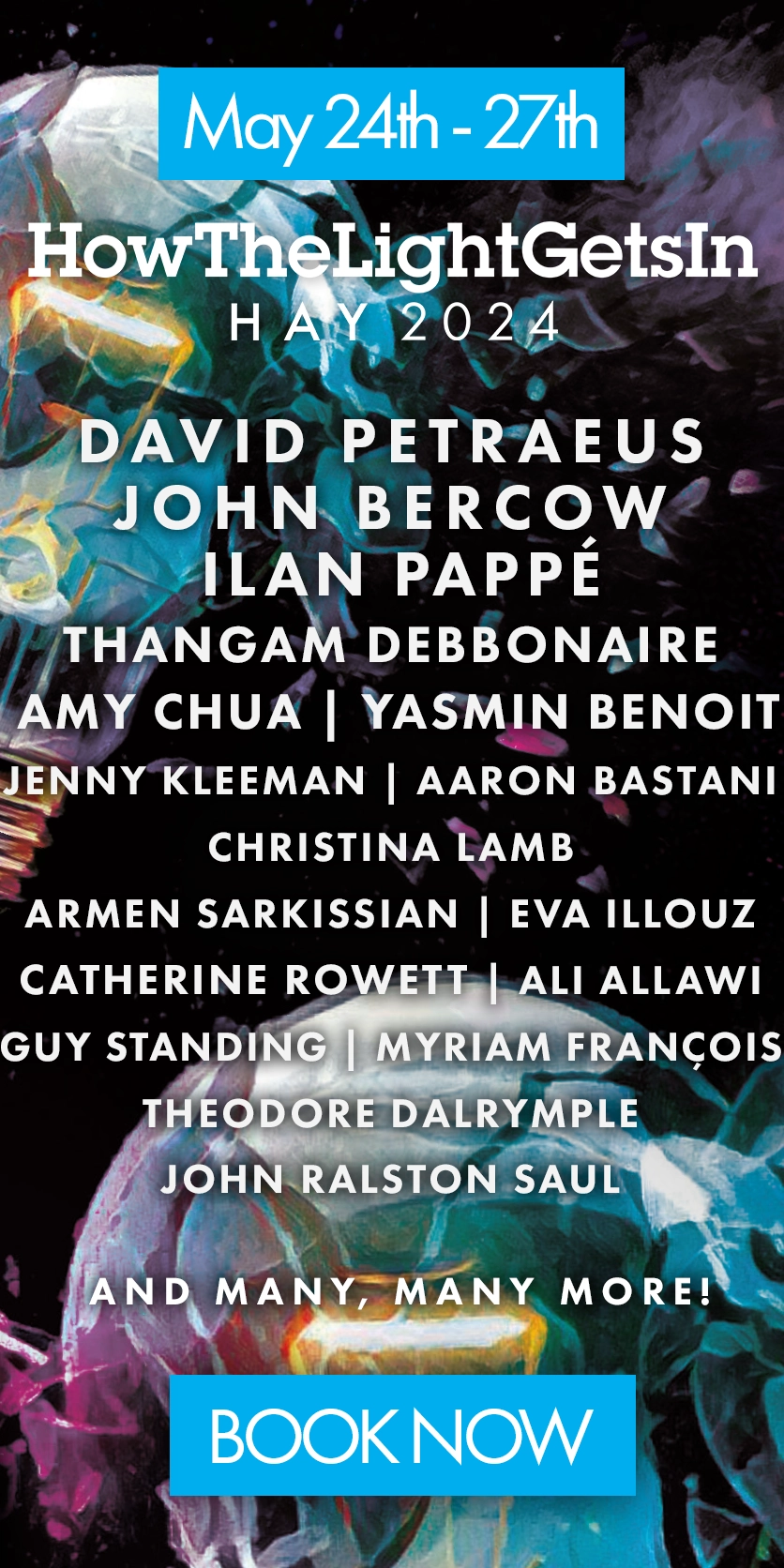Although its allure and longevity is undeniable, the idea of infinite parallel universes –the multiverse - is untested and could never be tested. In this way it is unscientific in the barest sense, despite continuing to find supporters among serious, prominent scientists. With science in something of a slump, are these theorists simply indulging in a little fantasy, asks John Horgan.
Over a decade ago in 1990, I wrote a bit of fluff for Scientific American about whether our cosmos might be just one in an “infinitude,” as several theories of physics implied. I titled my piece “Here a Universe, There a Universe . . .” and kept the tone light, because I didn’t want readers to take these cosmic conjectures too seriously. After all, there was no way of proving, or disproving, the existence of other universes.*
 SUGGESTED READING
The many worlds fantasy
By Philip Ball
Today, physicists still lack evidence of other universes, or even good ideas for obtaining evidence. Many nonetheless insist our cosmos really is just a mote of dust in a vast “multiverse.” One especially eloquent and passionate multiverse theorist is Sean Carroll. His faith in the multiverse stems from his faith in quantum mechanics, which he sees as our best account of reality.
SUGGESTED READING
The many worlds fantasy
By Philip Ball
Today, physicists still lack evidence of other universes, or even good ideas for obtaining evidence. Many nonetheless insist our cosmos really is just a mote of dust in a vast “multiverse.” One especially eloquent and passionate multiverse theorist is Sean Carroll. His faith in the multiverse stems from his faith in quantum mechanics, which he sees as our best account of reality.
In his book Something Deeply Hidden, Carroll asserts that quantum mechanics describes not just very small things but everything, including us. “As far as we currently know,” he writes, “quantum mechanics isn’t just an approximation to the truth; it is the truth.” And however preposterous it might seem, a multiverse, Carroll argues, is an inescapable consequence of quantum mechanics.
To make his case, he takes us deep into the surreal quantum world. Our world! The basic quantum equation, called a wave function, shows a particle—an electron, say—inhabiting many possible positions, with different probabilities assigned to each one. Aim an instrument at the electron to determine where it is, and you’ll find it in just one place. You might reasonably assume that the wave function is just a statistical approximation of the electron’s behavior, which can’t be more precise because electrons are tiny and our instruments crude. But you would be wrong, according to Carroll. The electron exists as a kind of probabilistic blur until you observe it, when it “collapses,” in physics lingo, into a single position.
Today, physicists still lack evidence of other universes, or even good ideas for obtaining evidence. Many nonetheless insist our cosmos really is just a mote of dust in a vast “multiverse.”
Physicists and philosophers have been arguing about this “measurement problem” for almost a century now. Various other explanations have been proposed, but most are either implausible, making human consciousness a necessary component of reality, or kludgy, requiring ad hoc tweaks of the wave function. The only solution that makes sense to Carroll—because it preserves quantum mechanics in its purest form—was proposed in 1957 by a Princeton graduate student, Hugh Everett III. He conjectured that the electron actually inhabits all the positions allowed by the wave function, but in different universes.
This hypothesis, which came to be called the many-worlds theory, has been refined over the decades. It no longer entails acts of measurement, or consciousness (sorry New Agers). The universe supposedly splits, or branches, whenever one quantum particle jostles against another, making their wave functions collapse. This process, called “decoherence,” happens all the time, everywhere. It is happening to you right now. And now. And now. Yes, zillions of your doppelgangers are out there at this very moment, probably having more fun than you. Asked why we don’t feel ourselves splitting, Everett replied, “Do you feel the motion of the earth?” Carroll addresses the problem of evidence, sort of. He says philosopher Karl Popper, who popularized the notion that scientific theories should be precise enough to be testable, or falsifiable, “had good things to say about” Everett’s hypothesis, calling it “a completely objective discussion of quantum mechanics.” (Popper, I must add, had doubts about natural selection, so his taste wasn’t irreproachable.)
Carroll proposes furthermore that because quantum mechanics is falsifiable, the many-worlds hypothesis “is the most falsifiable theory ever invented”—even if we can never directly observe any of those many worlds. The term “many,” by the way, is a gross understatement. The number of universes created since the big bang, Carroll estimates, is 2 to the power of 10 to the power of 112. Like I said, an infinitude.
And that’s just the many-worlds multiverse. Physicists have proposed even stranger multiverses, which science writer Tom Siegfried describes in his book The Number of the Heavens. String theory, which posits that all the forces of nature stem from stringy thingies wriggling in nine or more dimensions, implies that our cosmos is just a hillock in a sprawling “landscape” of universes, some with radically different laws and dimensions than ours. Chaotic inflation, a supercharged version of the big bang theory, suggests that our universe is a minuscule bubble in a boundless, frothy sea.
In addition to describing these and other multiverses, Siegfried provides a history of the idea of other worlds, which goes back to the ancient Greeks. (Is there anything they didn’t think of first?) Acknowledging that “nobody can say for sure” whether other universes exist, Siegfried professes neutrality on their existence. But he goes on to construct an almost comically partisan defense of the multiverse, declaring that “it makes much more sense for a multiverse to exist than not."
Science is ill-served when prominent thinkers tout ideas that can never be tested and hence are, sorry, unscientific.
Siegfried blames historical resistance to the concept of other worlds on Aristotle, who “argued with Vulcan-like assuredness” that earth is the only world. Because Aristotle was wrong about that, Siegfried seems to suggest, maybe modern multiverse skeptics are wrong too. After all, the known universe has expanded enormously since Aristotle’s era. We learned only a century ago that the Milky Way is just one of many galaxies.
The logical next step, Siegfried contends, would be for us to discover that our entire cosmos is one of many. Rebutting skeptics who call multiverse theories “unscientific” because they are untestable, Siegfried retorts that the skeptics are unscientific, because they are “pre-supposing a definition of science that rules out multiverses to begin with.” He calls skeptics “deniers”—a term usually linked to doubts about real things, like vaccines, climate change and the Holocaust. I am not a multiverse denier, any more than I am a God denier. Science cannot resolve the existence of either God or the multiverse, making agnosticism the only sensible position. I see some value in multiverse theories. Particularly when presented by a writer as gifted as Sean Carroll, they goad our imaginations and give us intimations of infinity. They make us feel really, really small—in a good way.
But I’m less entertained by multiverse theories than I once was, for a couple of reasons. First, science is in a slump, for reasons both internal and external. Science is ill-served when prominent thinkers tout ideas that can never be tested and hence are, sorry, unscientific. Moreover, at a time when our world, the real world, faces serious problems, dwelling on multiverses strikes me as escapism—akin to billionaires fantasizing about colonizing Mars. Shouldn’t scientists do something more productive with their time?
Maybe in another universe Carroll and Siegfried have convinced me to take multiverses seriously, but I doubt it.
This article appeared originally in the The Scientific American journal, reproduced here with permission of the author.

















Join the conversation